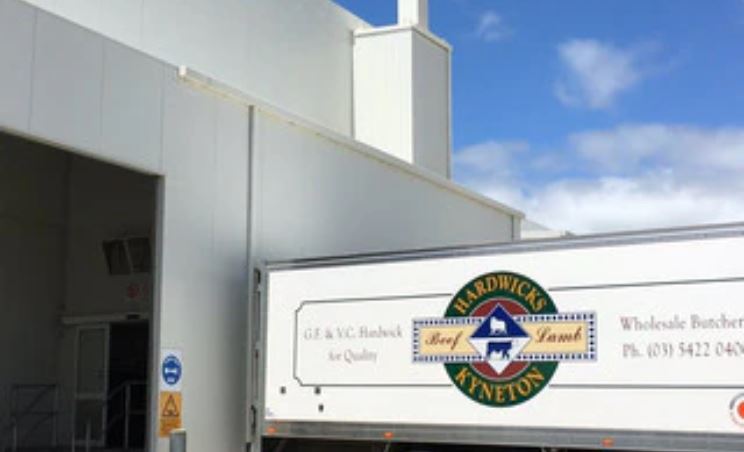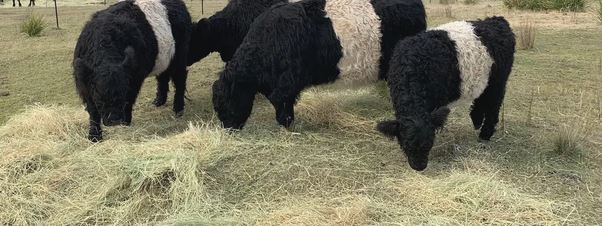December 12th, 2024Abattoir changes impact local producers

The axing of service kills for smaller numbers of stock at a central Victorian abattoir has left many local farmers struggling to find alternative abattoirs.
Kyneton’s Hardwicks Meatworks late last month told producers of its revised kill arrangements in 2025, announcing a new minimum number of 15 for beef service kills and 50 for lamb and other small stock.
The changes are earmarked to come into effect from early in the new year.

The announcement is understood to have left multiple local producers of high quality meats, including some at Kingston, Woodend, and Eganstown, concerned about the impacts.
Hardwick’s decision comes as the state’s Legislative Assembly Environment and Planning Committee report, Securing the Victorian food supply tabled in recent days, makes wide-ranging
recommendations to protect the state’s productive land.
These include measures for long-term reform to reduce smaller producer reliance on larger commercial abattoirs.
April 15th, 2023Your say…

Abbatoir thoughts
A flyer in the letterbox entitled ‘Say No to an Abattoir in Eganstown!’ says “our
health, environment and way of life are under threat!”
The exclamation marks show the unidentified complainant clearly alarmed.
However, the nine reasons put forward seem exaggerated and inflammatory and
on examination specious, not very convincing.
The complainant claims drinking water will be contaminated. A bit insulting to
municipalities doing a good job at keeping water pure and potable.
Effluent and waste is to be put on paddocks. Shock horror. Sounds like a tree-
changer who doesn’t know that manure from ruminants is the best fertiliser for
regenerating soil, augmenting it with beneficial micro-organisms.
Other good and natural fertilisers are tree ash from fires, silt from floods, and
ground rock. In contrast, industrial fertiliser for growing grain in quantity lowers soil
quality – especially chemicals originally patented as an antibiotic. They deplete soil
and can create a dustbowl effect by killing micro-organisms thereby preventing plants
from absorbing minerals essential for health. Result? A booming supplements sector.
Noise and dust from trucks? How many additional trucks will be on the roads
every day, one or two? Flies, they cries. Flies are a tiny price to pay for the many
significant benefits of local production.
Every town needs its own meat processing facility.
The benefits will be obvious to all as time goes by: food security, local jobs,
reduced imports therefore lower food miles, therefore less greenhouse gas emission.
It’s neither cows nor rotting organic matter whether animal or vegetable that is
the number one producer of greenhouse gases but transportation.
So more power to Tammi and Stuart’s farm.
Localism and local produce, that’s the way to go, for security, sustainability, real
prosperity, and peace. Bankers, traders and internationalism not so much.
Which is why, to borrow the words of The Local editor from another context: “It
is so important you support them. At least buy local.”
At Least Buy Local. ALBL. And all will be well, O ye of little faith.
From: Peter Jenkins, Blampied







